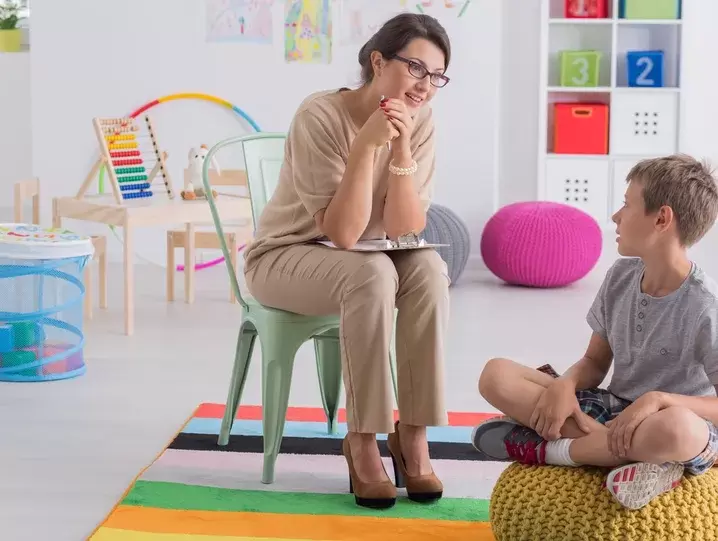OUR SERVICES/ FEES
(ALL fees are subject to change at anytime)
UMA TuitionUnique Minds Academy is a Ministry of Education Licensed Private in Ontario. Our school is overseen by a BCBA (Board Certified Behaviour Analysis) & a Registered Clinical Psychologist.
Our classrooms are ran by Ontario Certified Teachers (OCT) and ABA Therapists, along with Educational Assistants. Our program services Junior Kindergarten to Grade 8. Classes run Monday to Friday from 9:00-4:00pm, with the option of before and after Care beginning at 645am and ending at 6:00pm. Additionally, students are able to access OHIP Funded Occupational Therapy, Speech & Language Pathology, Physical Therapy, and Nursing. |
Core Clinical FeesOur program is overseen by a licensed Psychologist and BCBA-D. Core Clinical oversight is a requirement for every child accessing Ontario Autism Program Funding (OAP) in Ontario.
|
ABA/IBI ProgrammingAny student wishing to access one to one ABA during their school day, will undergo a formal assessment with our team. All programming is written and designed to fit the needs of the child. Our programs are based on cold probe trials and teaching methods, and incorporates the use of visual systems, functional communication training, natural language paradigm and generalization techniques. Our programs focus on joint attention and cooperation, visual performance, receptive/expressive language, play, social interaction, communication, life skills, daily routines, small group instruction and classroom routines. Our assessment tools used are the ABLLS-R assessment or PEAK.
|
Before and After CareUMA’s before and after school program provides support to families with children in Kindergarten to Grade 8 by offering supervised activities that support the interests, skills and abilities of the children that attend. Program runs from 6:45-9:00am and 4:00pm- 6:00pm.
|
Occupational TherapyThe role of an occupational therapist within our setting is to evaluate the students needs, on an individualized basis.
The OT can assist in developing treatment plans: Creating individualized intervention plans to help clients improve their ability to perform daily tasks and activities. Providing therapy: Offering therapeutic interventions, such as exercises, self regulation, adaptive techniques, and assistive devices, to help clients achieve their goals. The OT will monitor the child’s progress on an ongoing basis by tracking client progress and making necessary adjustments to the treatment plan. Educating and guidance for families: Providing oversight and education on managing, implementing adaptive strategies, and promoting overall well-being. Collaborating with healthcare professionals: Working with other interdisciplinary providers to ensure comprehensive care for clients. Documentation: Maintaining detailed records of assessments, treatments, and progress reports. Ethical practice: Adhering to professional codes of ethics and standards of practice to ensure the well-being and confidentiality of clients |
Speech TherapyThe role of a Speech pathologists play a crucial role in a classroom setting,
helping students with communication disorders and related challenges. Their responsibilities include: Assessment: Identifying and evaluating students with speech and language disorders to determine their specific needs. Individualized treatment plans: Developing personalized therapy plans to address each student's communication difficulties. Speech and language therapy: Providing one-on-one therapy sessions to improve speech articulation, language comprehension, and expressive language skills. Assistive technology: Introducing and implementing assistive communication devices or technologies to aid students in their communication. Collaboration: Working closely with teachers, interdisciplinary professionals, parents, and other educational partners to ensure that students receive comprehensive support. The SLP team can provide classroom strategies: Advising teachers on effective strategies and accommodations to support students with speech and language challenges in the classroom. Progress monitoring: Regularly assessing and tracking student progress and adjusting therapy plans as needed. Education and prevention: Providing education to teachers, parents, and students about speech and language development and offering strategies for prevention. Record-keeping: Maintaining accurate records and documentation of therapy sessions, assessments, and progress reports. Speech pathologists contribute to creating an inclusive and supportive learning environment by addressing communication barriers that can affect a student's academic performance and social interactions. |






